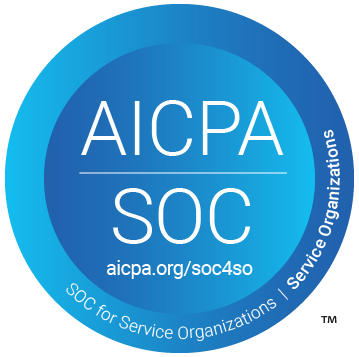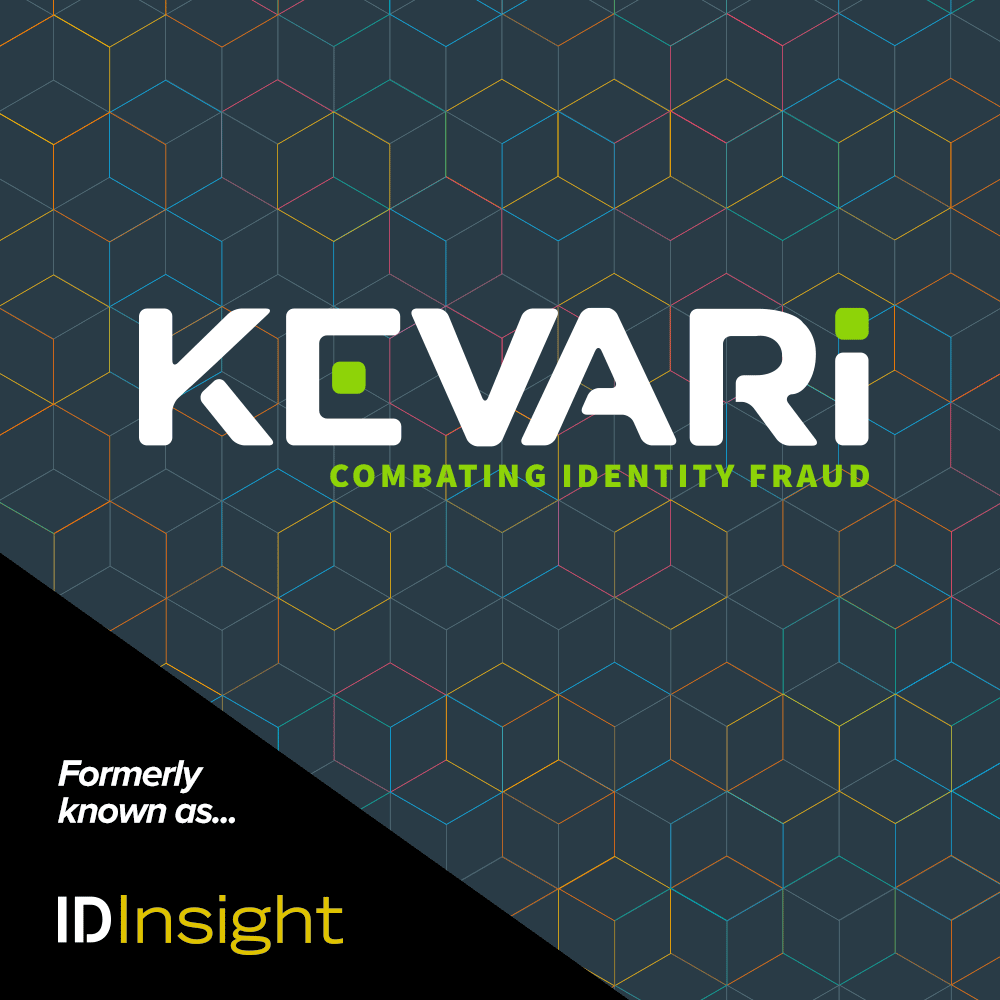SAFE & SECURE
SOC 2 Compliance
 Kevari designs its processes and procedures related to the Fraud Intelligence Platform to meet its Security objectives. Those objectives are based on the service commitments that Kevari makes to user entities, the laws and regulations that govern the provision of the services, and the financial, operational and compliance requirements that Kevari has established for the services.
Kevari designs its processes and procedures related to the Fraud Intelligence Platform to meet its Security objectives. Those objectives are based on the service commitments that Kevari makes to user entities, the laws and regulations that govern the provision of the services, and the financial, operational and compliance requirements that Kevari has established for the services.
Customer Trust and Confidence
SOC 2 compliance is of significant importance to Kevari in that handles sensitive data and provides services that involve processing and transmission of customer data. Kevari establishes operational requirements that support the achievement of Security, Availability and Confidentiality commitments.
Risk Management
Kevari Risk Management process involves, identifying, assessing, prioritizing, and mitigating potential risks. The key components of Kevari Risk Management include:
- Identifying all potential risks that could affect the organization’s goals, projects, or operations. Risks can come from various sources, including internal processes, external factors, technology, market changes and regulatory changes.
- Risks are assessed to determine their potential impact and likelihood of occurrence. This involves evaluating the potential consequences of a risk if it were to materialize and how likely it is to happen.
- Risks are prioritized based on their significance and potential impact. High-priority risks that could have severe consequences are typically addressed more urgently than lower-priority risks.
- Risk mitigation involves developing and implementing strategies to reduce the likelihood of a risk occurring and/or minimizing its impact if it does occur. Mitigation strategies can include process changes, technology implementations, contingency plans, and more.
- Kevari fosters a risk-aware culture within the organization and involves training employees at all levels to recognize and report risks, as well as making risk management an integral part of decision-making processes.
Data Protection
Data protection encompasses technical, organizational, and legal measures to mitigate risks and maintain the confidentiality, availability, and integrity of data. Key aspects of Kevari data protection include:
- Implementing security measures such as data at rest and data in transit encryption using industry standard algorithms, access controls to ensure that only authorized individuals can access sensitive data and systems via role-based access, least privilege principles, and multi-factor authentication (MFA) where appropriate. Defense in depth with monitoring for anomaly detection assists Kevari in staying ahead of adversaries for data security.
- Conducting risk assessments and vulnerability testing to identify and address potential weaknesses.
- Complying with industry standards, regulations, and laws related to data security and privacy.
- Providing training and awareness programs for employees to ensure responsible data handling.
A strong security posture with SOC 2 compliance demonstrates our commitment to protecting customer data and maintaining a secure environment. It enhances customer trust and confidence, and it also contributes to the overall resilience of our organization against cyber threats.
Let's Stop Fraud Together
Reach out so we can learn more about your needs and discuss how Kevari can help.
